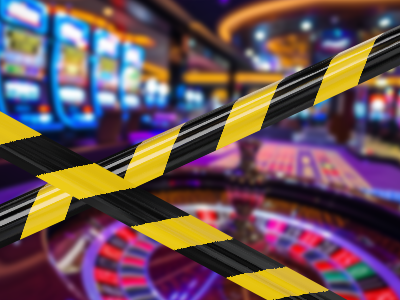Secure Banking
Safer Gambling
Our Responsible Gambling program makes sure every player is of legal age and also gives you the option to self-exclude for a time period from our tables, sportsbook or casino.
Need Help?
AFFILIATE PROGRAM
Maximize your income through our affiliate marketing. Learn more >
Copyright © 2024 | ACRpoker.eu | T&Cs | All Rights Reserved








